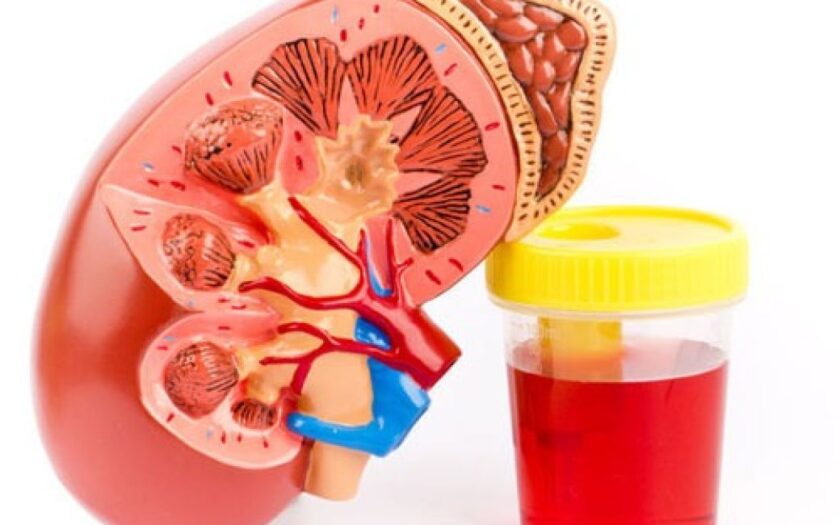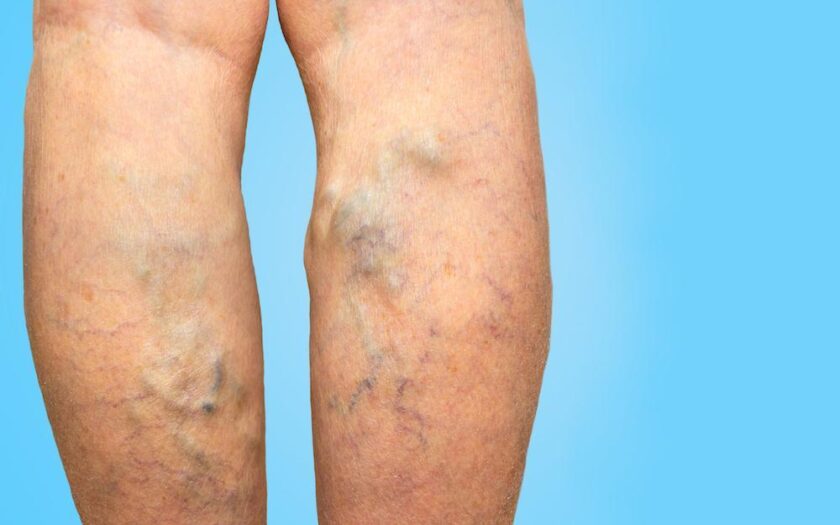Constipation: Causes, Symptoms, and Treatments
“Normal” bowel function varies from person to person, but many people find it challenging or painful to pass stools. If you experience constipation, your stools may become hard, dry, and difficult or painful to pass, often requiring you to push or strain. Some individuals with constipation may feel that their bowels haven’t been fully emptied, even after a bowel movement, leading to a persistent urge to go.











